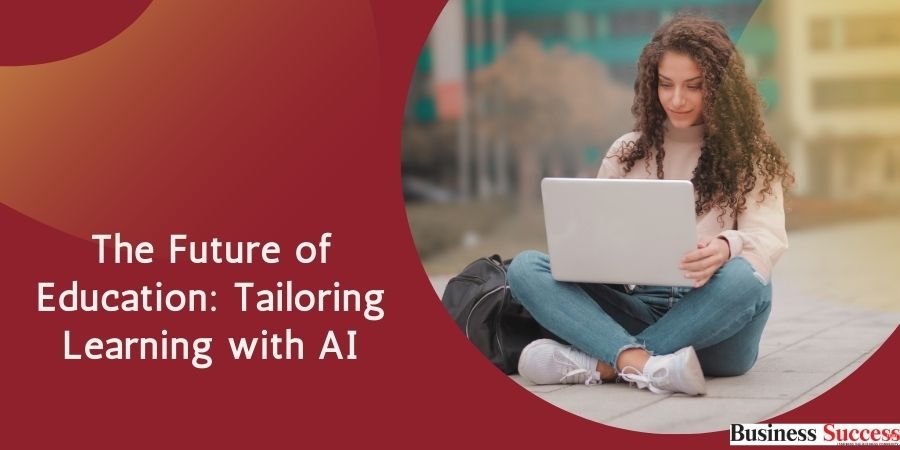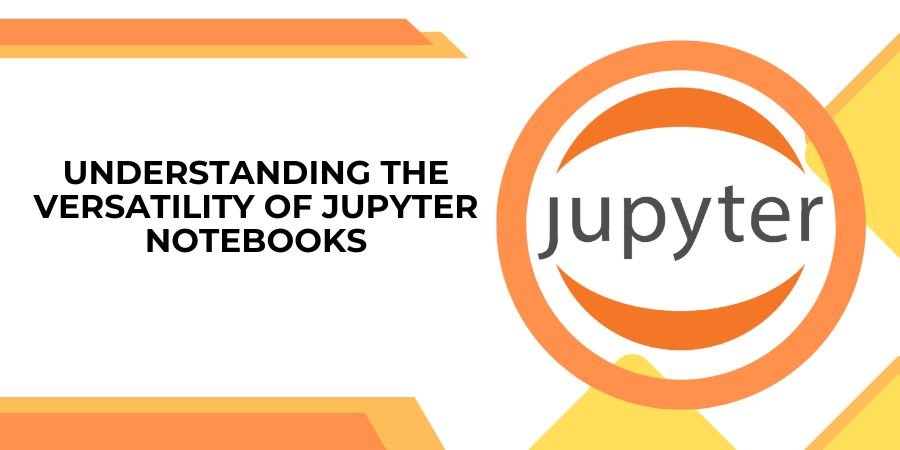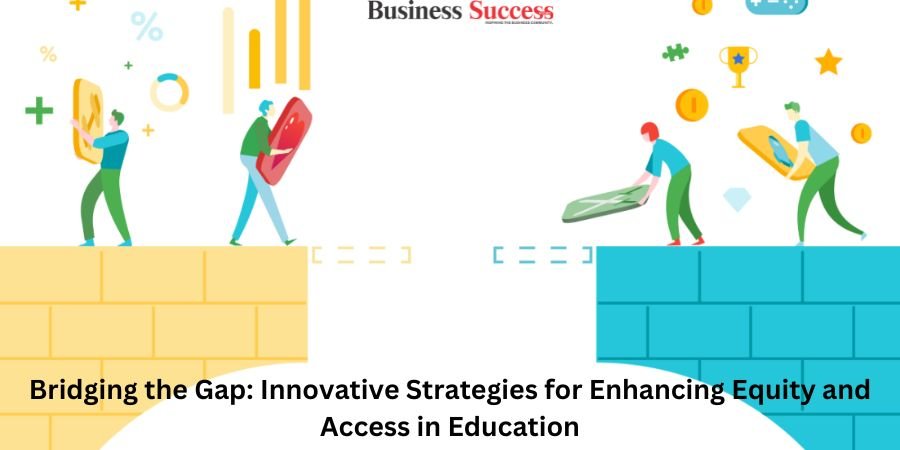The educational landscape is undergoing a transformative shift, largely fueled by advancements in technology. Among these, Artificial Intelligence (AI) stands out as a beacon of innovation, poised to reshape how educational content is delivered, experienced, and personalized. This evolution towards AI-powered personalization in education is not merely a trend but a necessary leap forward to meet the diverse needs of learners in a rapidly changing world.
The Dawn of AI in Education
AI’s entry into education brings with it the promise of a learning experience that adapts to the individual learner’s pace, preferences, and performance. Unlike the traditional one-size-fits-all approach, AI leverages data analysis and machine learning to create a personalized learning journey for each student. This means that the content, difficulty level, and learning modalities can adjust in real-time, based on the learner’s interactions and progress.
Why AI-Powered Personalization Matters
The significance of personalized learning cannot be overstated. It acknowledges the unique learning styles, speeds, and interests of students, making education more accessible, engaging, and effective. For instance, students struggling with certain concepts can receive additional resources and exercises tailored to their specific needs, while those excelling can be challenged further, preventing boredom and disengagement.
Furthermore, AI-powered systems can identify at-risk students early on, allowing educators to intervene before it’s too late. This predictive capability is crucial in supporting learners through their educational journey, ensuring that no one is left behind due to unnoticed struggles.
The Transformation of the Classroom
In classrooms where AI personalization has been implemented, the role of the teacher is also evolving. Educators are transitioning from being the sole source of knowledge to facilitators of learning. They can now focus more on mentoring, addressing individual and collective emotional and intellectual needs, and fostering a collaborative learning environment. This shift not only enhances the educational experience but also elevates the teaching profession by allowing teachers to engage more deeply with their students.
Challenges and Considerations
However, the path to integrating AI in education is not without its challenges. Privacy concerns, ethical considerations, and the digital divide are among the hurdles that need to be addressed. Ensuring that AI systems are transparent, secure, and equitable is paramount to their success in education. Moreover, there is a pressing need to equip teachers with the knowledge and tools to effectively integrate AI into their teaching practices.
The Road Ahead
From creating dynamic, immersive learning experiences to facilitating global classrooms without borders, AI is set to revolutionize education. The key to realizing this potential lies in collaboration among educators, technologists, policymakers, and students to create inclusive, innovative, and impactful learning environments.
In conclusion, AI-powered personalization represents a pivotal chapter in the story of education. By embracing this technology, we can unlock unprecedented opportunities for learners to achieve their fullest potential. The journey ahead is one of exploration, learning, and growth, powered by AI and guided by the collective wisdom of the educational community. As we navigate this exciting frontier, the ultimate goal remains clear: to provide a personalized, engaging, and effective education for every learner, anywhere in the world.














